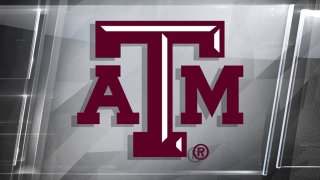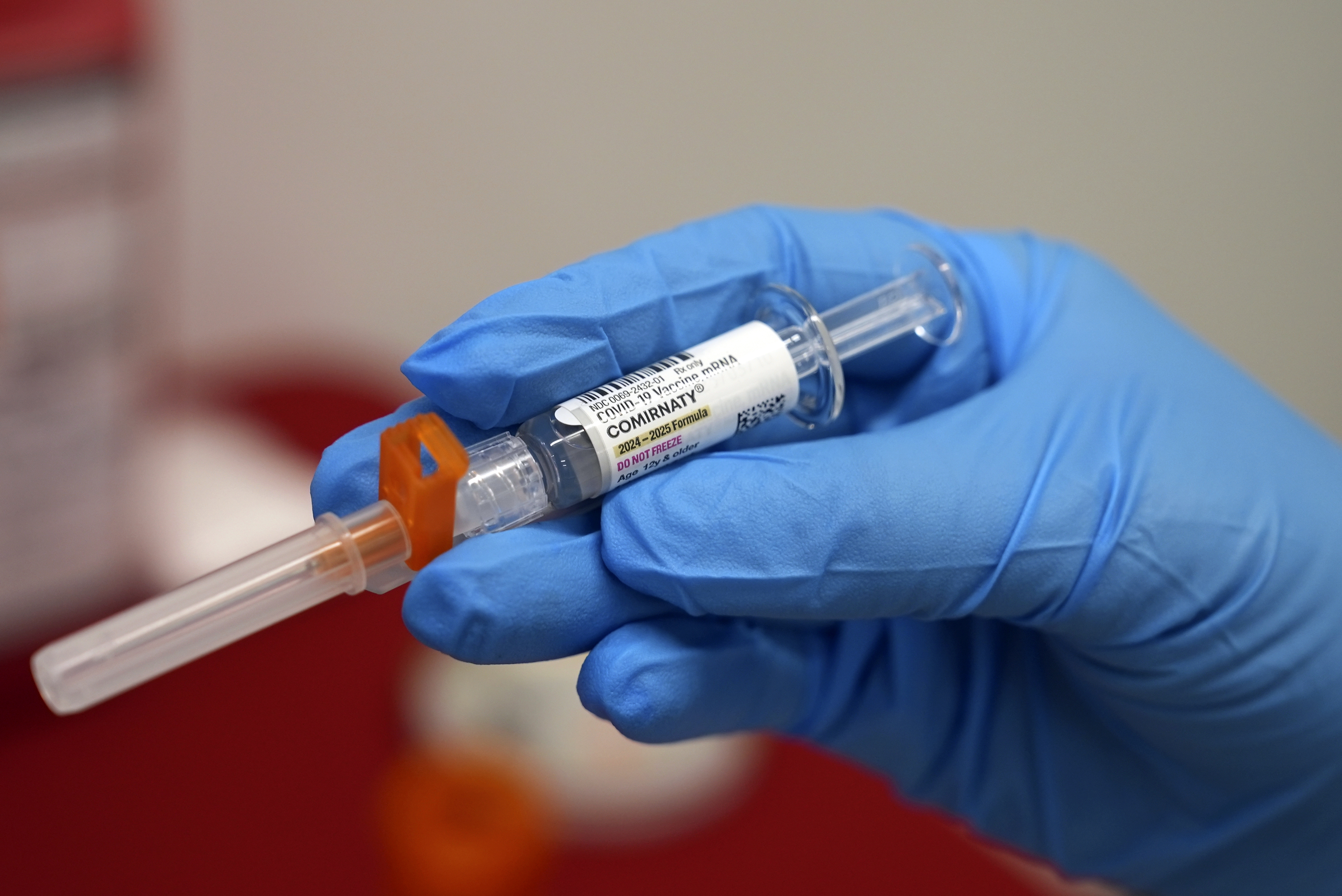
The Texas A&M University System plans to serve underserved communities by bringing the coronavirus vaccine to rural areas.
Ten Texas counties will receive the vaccine: DeWitt, Glasscock, Kenedy, Marion, Motley, McMullen, Real, Sherman, Starr, and Terrell.
Homebound Texans 65-years-old and older are the target of this vaccine distribution, which is a part of the university system's new State Mobile Vaccine Pilot Program. The program was first introduced by Gov. Greg Abbott (R) in January.
“The State Mobile Vaccine Program is an important part of our work to get more vaccines in arms and ensure the health and safety of our communities," Abbott said.
The deliveries of the vaccines will be made by The Texas Division of Emergency Management, the Texas Military Department (TMD), the Texas A&M Engineering Extension Service, Texas A&M AgriLife Extension, and the Texas National Guard.
TMD will provide medics to vaccinate members of the communities, while Texas A&M System partners will use a transport system they've been using to deliver vaccines since May, they call their "Pony Express".
“The Texas A&M System has people on the ground who are already well-known by the communities they serve, in every county in the state, making us the perfect partner to assist with the State Mobile Vaccine Pilot Program,” Chancellor of The Texas A&M University System, John Sharp said. “We are proud to be a part of this life-saving effort to serve these rural communities in need.”
Coronavirus Pandemic
Full coverage of the COVID-19 outbreak and how it impacts you
COVID-19 Vaccines
In Texas, the COVID-19 vaccines are currently available to anyone over the age of 5. The vaccines are still not approved for children younger than 5 however -- those trials are ongoing.
Once vaccinated, people who received either the Moderna or Pfizer vaccines are expected to get some level of protection within a couple of weeks after the first shot, but full protection may not happen until a couple of weeks after the second shot. For those who receive the Johnson & Johnson vaccine -- there is only one shot needed.
As of Jan. 3, 2022, it is also recommended those who are age 12 and up and who have been fully vaccinated receive a booster as early as five months after their last dose, for a total of three shots. The vaccine made by Pfizer and its partner BioNTech is the only U.S. option for children of any age.
As for even younger children, kid-size doses for 5- to 11-year-olds rolled out in November and experts said healthy youngsters should be protected after their second dose for a while. But the FDA also said on Jan. 3, 2022, that if children that young have severely weakened immune systems, they will be allowed a third dose 28 days after their second. That’s the same third-dose timing already recommended for immune-compromised teens and adults.
Pfizer and Moderna are studying their vaccines, in even smaller doses, for children younger than 5.
Even when fully vaccinated, it's still possible to become infected by the virus since none of the vaccines offer 100% protection from infection. With that in mind, even if you've been vaccinated it's still a good idea to wear a mask and keep some separation between strangers or those whose vaccination status is unclear.


